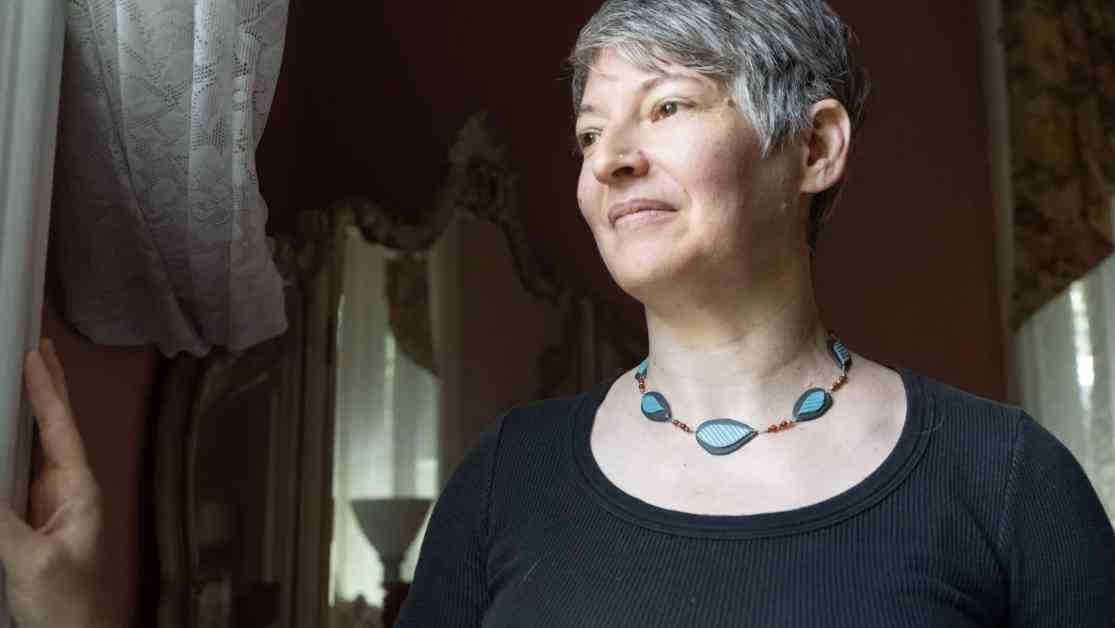In 2009, John Johnson, a Ph.D. student at Rutgers University, discovered facilitated communication through a class led by Anna Stubblefield. This technique helps non-verbal mentally disabled individuals communicate by using keyboards or target boards with the assistance of instructors. John saw this as a potential solution for his brother Derrick, who had severe cerebral palsy. Anna, the philosophy department director, agreed to help Derrick despite not being an expert in this practice.
The documentary “Tell Them You Love Me” on Netflix tells the story of Anna and Derrick, whose relationship started with good intentions but ended in scandal. Anna, convicted of sexual abuse charges, claims she and Derrick were in love, sparking controversy and debate. The film includes interviews with all involved parties, shedding light on the complexities of the case.
Anna’s belief in intersectionality led her to connect with Derrick, a Black man with severe disabilities. Using facilitated communication, Derrick made progress in communicating, impressing his family. However, the situation took a dark turn when Anna and Derrick confessed to a sexual relationship. This revelation shocked Derrick’s family, leading to a trial where Anna was prosecuted for sexual assault.
The film presents recreations of Derrick and Anna’s communication, along with archival materials, offering a detailed look at the case. Despite Anna’s sincerity, her actions seem to stem from a delusion rather than innocence. The jury, considering Derrick’s disability, found Anna guilty of sexual assault. After serving two years in prison, Anna won an appeal based on the trial judge’s exclusion of facilitated communication evidence.
However, experts like Howard Shane question the validity of facilitated communication, suggesting it can lead to misinterpretations and manipulations. John dismisses the therapy as “bogus,” highlighting the controversy surrounding the case. “Tell Them You Love Me” raises important questions about consent, disability, and the ethics of treating mentally disabled individuals.
The story of Anna and Derrick is a complex tale of good intentions gone wrong, showcasing the challenges of working with disabled individuals. As the debate continues, it is essential to consider the implications of facilitated communication and the importance of ethical treatment in cases involving vulnerable populations. The documentary invites viewers to reflect on the limits of communication and the complexities of consent in such sensitive situations.





















